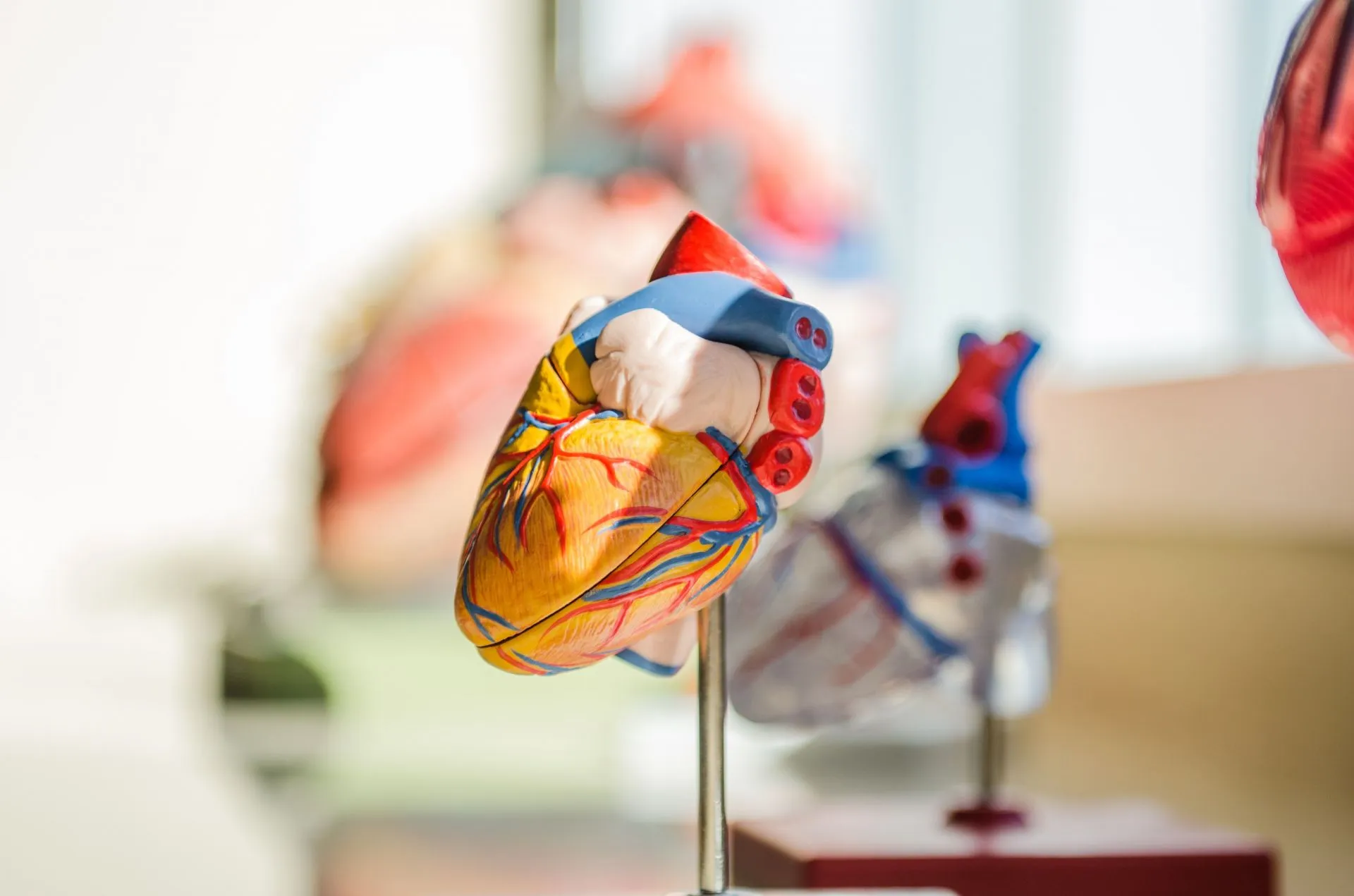
Syncope, often known as fainting, is a brief loss of consciousness that returns quickly. Typically, it is not concerning, and the majority of patients do not require further care. Treatment, though, might be necessary in severe cases.
There may or may not be a connection between fainting and significant medical issues. When a brief decrease in blood flow is to blame, most patients recover on their own. But, prolonged fainting may harm the brain and necessitate medical intervention.
Syncope is defined

The medical term for fainting is syncope, which is pronounced “sin-ko-pea.” It is connected to an abrupt, brief decrease in the amount of blood flowing to the brain. The person heals quickly, and the condition is typically just transitory. Another name for this illness is fainting disorder.
Being faint is related to:
- Sudden drop in blood pressure.
- Drop in the heart rate.
- Changes in blood flow.
After fainting or feeling lightheaded, people typically feel better in a matter of minutes. However, other underlying medical issues, such as heart disease, may also be linked to fainting disorders. Early detection can help with good care and prevent serious complications.
Types of syncope
There are various kinds of fainting, such as:
- Vasovagal or neuro-cardiogenic: This is the most common type.
- Situational (also a type of vasovagal condition)
- Postural or orthostatic (also called postural hypotension)
- Cardiac
- Neurologic
- Postural orthostatic tachycardia syndrome (POTS)
From one ailment to another, the causes vary. While some of them are major, others are just little. Finding the symptoms is essential for a correct diagnosis and course of treatment.
Presyncope and syncope symptoms
The most typical warning signs and symptoms are:
- Blacking out
- Lightheadedness
- Falling or fainting after physical activity
- Feeling dizzy
- Feeling drowsy or groggy
- Feeling unsteady while standing
- Tunnel vision
- Headaches
It is important to remember that some symptoms, such as headaches and nausea, are linked to other diseases and should not be confused with fainting. It’s best to see a doctor for a correct diagnosis if in question.
Fainting disorder causes

Situational syncopes are brought on by a variety of circumstances, including:
- Dehydration
- Intense emotional stress
- Anxiety
- Fear
- Pain
- Hunger
- Use of alcohol or drugs
- Hyperventilation
- Coughing forcefully
- Urinating
If there is a heart or blood vessel issue that influences blood flow to the brain, cardiac syncope may happen. These disorders are typically linked to
- Abnormal heart rhythm (arrhythmia)
- Obstructed blood flow (hypertrophic cardiomyopathy)
- Blockage in the heart’s blood vessels (myocardial ischemia)
- Valve Disease
- Aortic stenosis
- Blood clot
- Heart failure
Diagnosis
The following tests can be used to identify the causes of syncope:
- Laboratory blood testing
- Electrocardiogram (EKG) to record the heart’s electrical activity
- Exercise stress test
- Ambulatory monitor to record heart rate and rhythm
- Echocardiogram
- Tilt table (head-up tilt test)
- Autonomic reflex testing
According to prescription, these tests must be performed under the care of a medical professional.
Treatment
The severity of the ailment determines how it is treated and managed. Here are some strategies for treating fainting disorders:
- Taking medications under the supervision of a registered medical practitioner
- Wearing garments to improve blood circulation
- Eating small, frequent meals, increasing sodium and potassium intake and drinking more fluids
- Avoid caffeine and alcohol
- Elevating the head while sleeping, using pillows
- Management of heart disease
- Getting an implantable cardioverter defibrillator (ICD) for individuals with medical conditions
Medications frequently prescribed for fainting symptoms include:
- Midodrine
- Fludrocortisone
These drugs should only be taken under a doctor’s careful guidance and prescription.
Precautions can make a significant difference in the avoidance of such illnesses on a personal level. Individuals with medical issues need to exercise extra caution, especially in the summer when dehydration is one of the leading causes of fainting.
With a diploma in dietetics and personal training and a focus in sports nutrition and strength training, Indranil Biswas is a nutritionist and personal trainer.
What do you think this tale merits? Comment below with your answer and let us know.




Leave a Reply